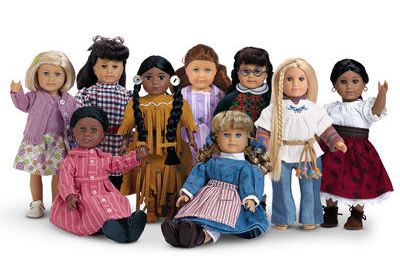GOP response to newly proposed child labor regulations
Recently, the Obama administration has proposed several new child labor laws pertaining to agricultural work, and Republican Congressman Danny Rehberg, from Montana, has accused the administration of trying to meddle and not knowing enough about the situation before getting involved. These new laws would target young people working on farms, and would try to limit the sorts of tasks they are allowed to perform in their work. In this article, found in the Huffington Post, Rehberg attacks the new laws and claims that the work they target is perfectly safe for young people. He says, ”You can’t get hurt…It’s impossible. You could have a five-year-old out there running it.” Congressman Rehberg believes that this disconnect comes from people in Washington not truly understanding the work being done on American farms anymore. In his opinion, new technology makes previously unsafe tasks more fit for young laborers, and new safeguards will prevent injuries that previously occurred.

This is a grain auger, one of the types of farm machinery being targeted by the newly proposed child labor regulations.
As my fellow classmate, Daniela Hernandez, wrote in her piece Labor Department proposes new child labor laws, the reaction to the law is similar to the one discussed in Zelizer’s article on useful children. Farming families are attacking the law in a similar way to when Congress proposed child labor regulations in the 1920’s, as an invasion of the rights of parents to use their child’s labor for the benefit of the family (Zelizer, 36). I agree with this connection, in that families who use the labor of their children on family farms still feel that the government has no business meddling in their affairs. They believe that through new innovations in safety technology, the labor is safer than ever and is not a threat to children. Along with this, they also feel that the federal government is overstepping its boundaries in legislating on a topic that should be left to state governments.




